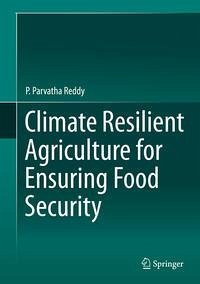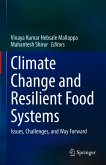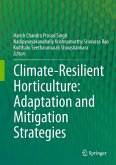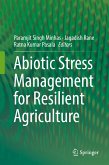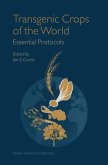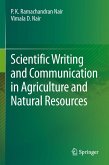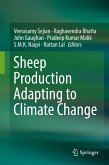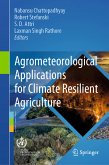The information on climate resilient agriculture for ensuring food security is widely scattered. There is currently no other book that comprehensively and exclusively deals with the above aspects of agriculture and focuses on ensuring food security. This volume is divided into fourteen chapters, which include the Introduction, Causes of Climate Change, Agriculture as a Source of Greenhouse Gases, Impacts of Climate Change on Agriculture, Regional Impacts on Climate Change, Impacts on Crop Protection, Impacts on Insect and Mite Pests, Impacts on Plant Pathogens, Impacts on Nematode Pests, Impacts on Weeds, Impacts on Integrated Pest Management, Climate Change Adaptation, Climate Change Mitigation, and A Road Map Ahead. The book is extensively illustrated with excellent photographs, which enhance the quality of publication. It is clearly written, using easy-to-understand language. It also provides adoptable recommendations involving eco-friendly adaptation and mitigation measures.
This book will be of immense value to the scientific community involved in teaching, research and extension activities. The material can also be used for teaching post-graduate courses. It will also serve as a very useful reference source for policy makers.
Dieser Download kann aus rechtlichen Gründen nur mit Rechnungsadresse in A, B, BG, CY, CZ, D, DK, EW, E, FIN, F, GR, HR, H, IRL, I, LT, L, LR, M, NL, PL, P, R, S, SLO, SK ausgeliefert werden.

